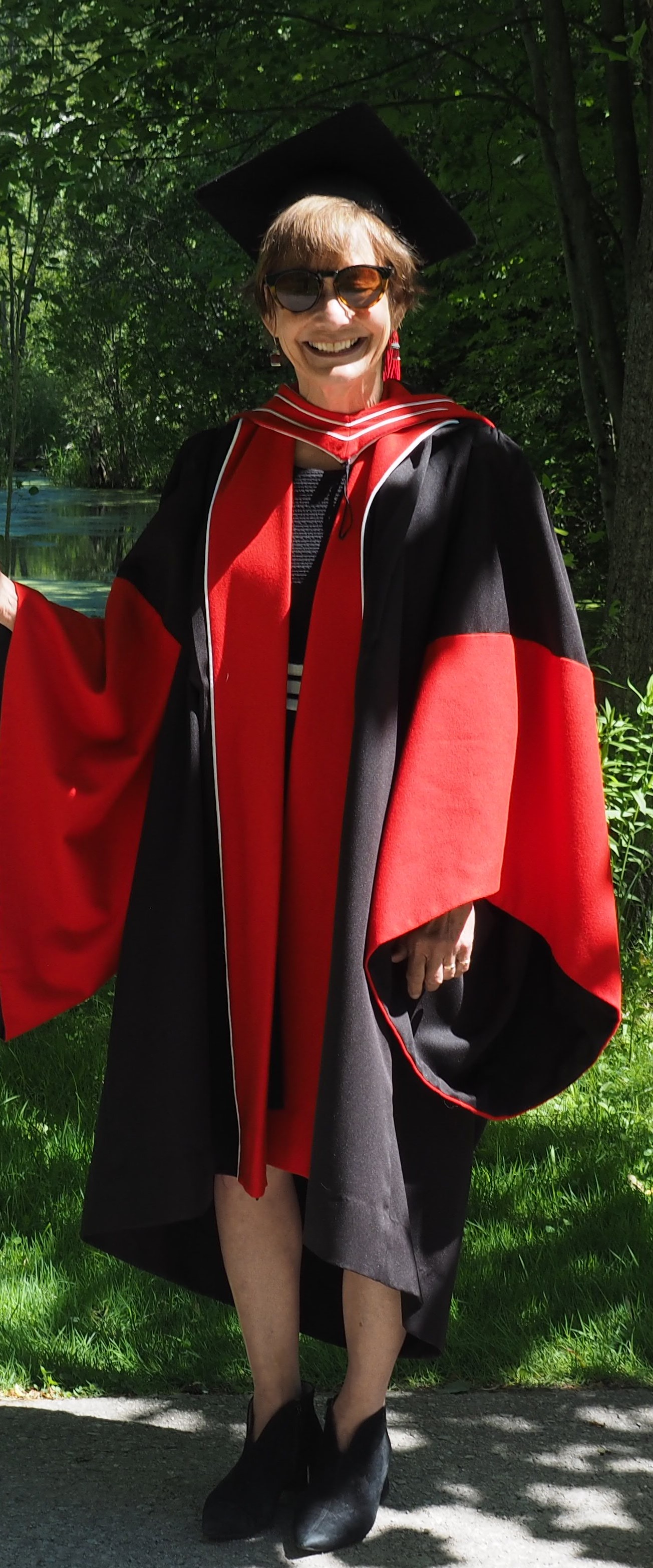

Introduction: Indigenous communities are increasingly interested in reclaiming local and traditional foods and food skills. This presentation will describe Learning Circles (LC): a capacity-building model that brings together diverse stakeholders (including Indigenous knowledge keepers, hunters, gatherers, farmers, food producers, school personnel, students and parents) to participate in an iterative cycle of planning, prioritizing, implementing and assessing actions to support local school community food systems. Building on initial experience in Haida Gwaii, BC, we evaluated the scale-up of the LC model (2016-2019) in four First Nations communities that varied in context, including governance, geography, size and food systems.
Methods: This community-based participatory action research used Indigenous and Western methods to gather and thematically analyze data from documents (community reports, tracking sheets), conversational interviews (n=61) and two student surveys (n=171). Evaluation of scale-up was guided by Foster-Fishman and Watson’s ABLe Change Framework (2012).
Results: Across communities, LC facilitated a process to: 1) identify and build on strengths to increase capacity to reclaim traditional and local food systems; 2) strengthen connections to land and traditional ways of knowing and doing; 3) foster relationships, community-level action and multi-sector collaboration; and 4) improve access to and perceived value of local healthy and traditional foods.
Conclusion: The LC model helped to engage and empower community members across diverse First Nations contexts to drive actions to enhance local and traditional food access and food skills among youth. Ultimately, new learning, relationships, infrastructure and food-based activities help advance food sustainability, food sovereignty and holistic wellness for Indigenous communities.
Rhona Hanning PhD, FDC is a Professor in the School of Public Health Sciences, Faculty of Health, University of Waterloo (UW) and Fellow of Dietitians of Canada. Rhona’s research involves evaluation of school, community and policy-based interventions that support healthy eating for Canadian youth, especially those living in First Nation communities. Her current teaching and research activity explores decolonizing education and healthcare practices. A recipient of a UW Award of Excellence in Graduate Supervision and former Associate Dean of Graduate Studies, Rhona counts mentorship as a career highlight. Rhona recently served on the CNS Equity, Diversity and Inclusion Working Group.